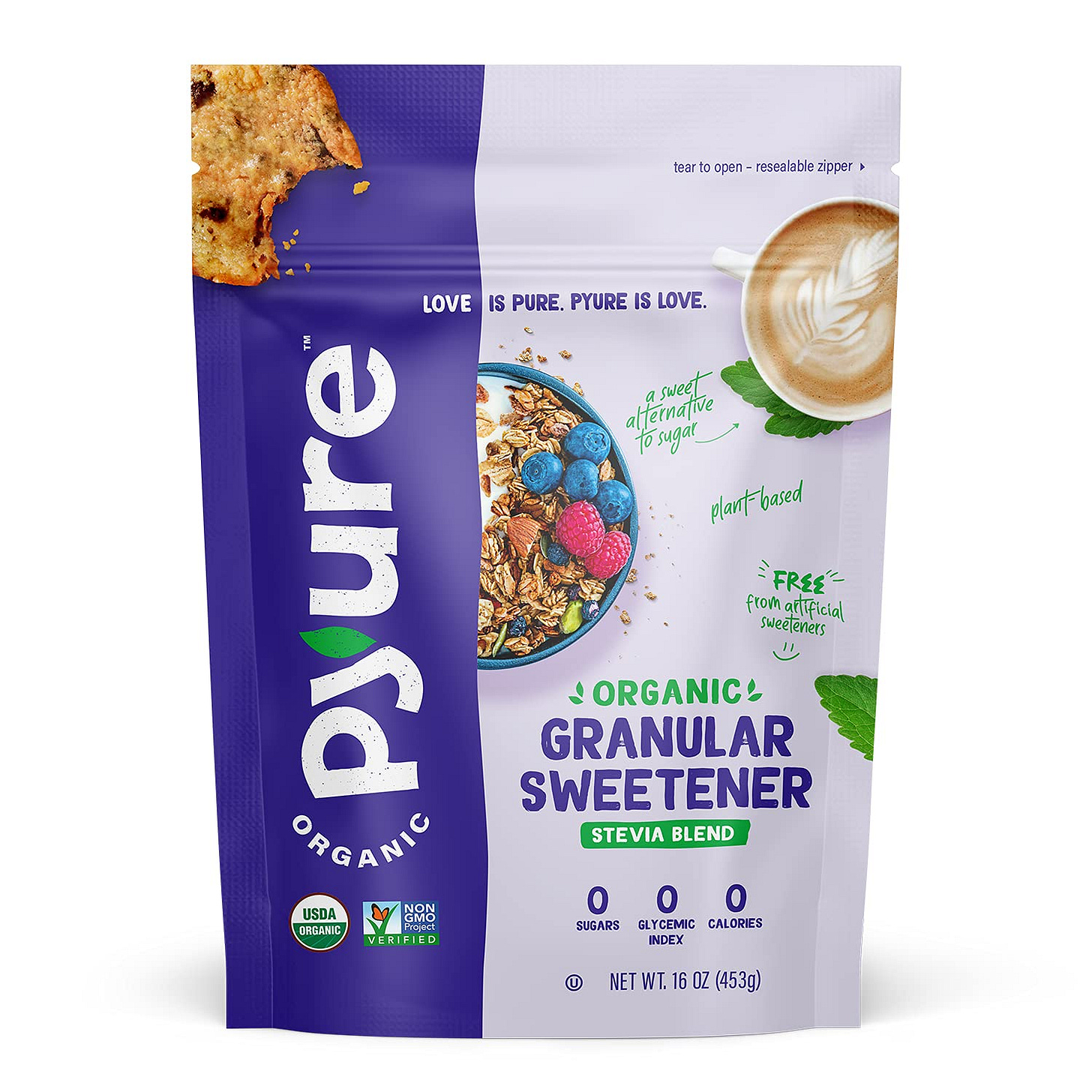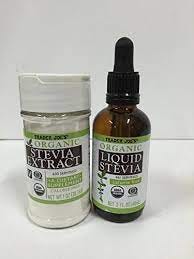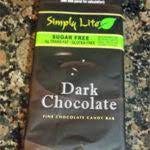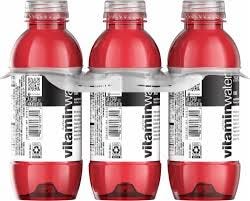Sugar by any other name is still sugar
Lowering intake and reading labels are the start on the road to better health
Avoiding sugar and the products that contain it is a quest that many Americans who are seeking to improve their health are undertaking. But in order to avoid consuming unhealthy levels requires alertness. That's because sugar is added to our foods with the industry using many different names.
Glucose, fructose, sucrose, corn syrup, and the infamous high fructose corn syrup, which has been called "Sugar on steroids," are all products of sugar. By reading labels and understanding these different names, we can better identify when sugar has been added to a food item and make informed decisions about our food choices.
Excessive consumption of sugar can contribute to the development of several diseases, including:
1. Type 2 diabetes: Consuming high amounts of sugar can lead to insulin resistance, which is a key factor in the development of type 2 diabetes.
2. Obesity: High sugar intake can contribute to weight gain, which in turn increases the risk of obesity. Obesity is linked to a range of health problems, including heart disease, stroke, and some types of cancer.
3. Cardiovascular disease: Eating too much sugar can increase blood pressure, triglycerides, and LDL (bad) cholesterol levels, all of which are risk factors for heart disease
4. Tooth decay: Sugar promotes the growth of bacteria that can cause tooth decay and cavities.
5. Non-alcoholic fatty liver disease: Excessive sugar consumption can cause fat to accumulate in the liver, which can lead to non-alcoholic fatty liver disease.
6. Cognitive decline: Some research suggests that high sugar intake may contribute to cognitive decline and dementia in older adults.
It's important to note that sugar is not the only factor in the development of these conditions. Other lifestyle factors (such as physical activity, diet, and stress) also play a role. Nonetheless, reducing sugar intake is an important step toward promoting overall health and preventing these diseases.
When it comes to understanding just how much sugar a person should ingest daily, confusion reigns. There is no specific minimum amount of sugar that we need to consume daily as our bodies do not require sugar to function properly. Our bodies can produce glucose, the main source of energy for our cells, through the breakdown of carbohydrates and other nutrients.
However, the American Heart Association recommends that men consume no more than 9 teaspoons (36 grams) of added sugar per day, and women consume no more than 6 teaspoons (24 grams) of added sugar per day. These recommendations refer to added sugars, which are sugars and syrups that are added to foods during processing or preparation.
For example, a serving size of 1 cup (59g) of Kellogg's Raisin Bran contains 18g of total sugars, of which 13g are added sugars, which is for men a third of the daily recommendation and more than half for women. Given the amount of sugar in this one product and given the propensity of most Americans to partake of fast or processed foods, among other unhealthy choices, imagine how much sugar a person will consume in an average day.
It is important to note that many foods, such as fruits and dairy products, naturally contain sugar. While these foods can be a healthy part of a balanced diet, it is still important to be mindful of our overall sugar intake, especially from added sugars found in processed foods and beverages. Also, be extra scrutinizing when you see a barbeque sauce, salad dressing, or condiment that advertises that it's "sugar-free."
The leading additive in these products is surculose, a no-calorie artificial sweetener that is being increasingly used as a sugar substitute. It is made by chemically modifying sugar, specifically sucrose, to create a new compound that is not metabolized by the body. Although sucralose is derived from sugar, it's not considered a "sugar derivative" in the traditional sense. In addition, other sugar derivatives such as fructose, glucose, and lactose, which are naturally occurring sugars, sucralose isn't found in nature, which is why I avoid it.
Sucralose is considered safe for consumption by most regulatory agencies, including the US Food and Drug Administration (FDA) and the European Food Safety Authority (EFSA) when used in moderation. However, some studies suggest that high levels of sucralose consumption may have negative effects on gut bacteria and may contribute to inflammation, although further research is needed to fully understand these effects.
The task of eliminating sugar from one's diet requires a conscious, sustained, and disciplined effort to succeed. Using the lower levels of sugar in products we consume, finding the right sugar substitutes, and careful reading of labels will help the process. Sugar has been a constant in many of our lives for decades and letting go isn't easy, but it is achievable.
* Five products I use to add "sweetness" to my life. These are products that I personally use and am not in receipt of any commission.
Lakanto Maple Free Syrup. It is delicious, but I stopped using it during the Pandemic due to the company’s insane price hikes. I found it on Amazon for a much more reasonable price. You also avoid shipping costs, if you’re a Prime member.
Pyure Organic Stevia Granular Sweetener. This is an excellent sugar alternative. Also, the best price and shipping are on Amazon.
https://pyureorganic.com/products/organic-all-purpose-stevia-sweetener-pouch/
Trader Joe’s Stevia. The best prices are at a TJ’s store.
Simply Life Dark Chocolate with Stevia. This is a really good chocolate and the best price is at Trader Joe’s. It’s also not a Trader Joe’s brand that has been subject to controversy.
VitaminWater Zero Calorie/Zero Sugar with Stevia and Monk Fruit. This is another great-tasting product that allows me indulgence without guilt. Be sure to read the label. The company produces other Zero Sugar products with different sweeteners. The best price is at Target, but I’ve found it on sale at others.








